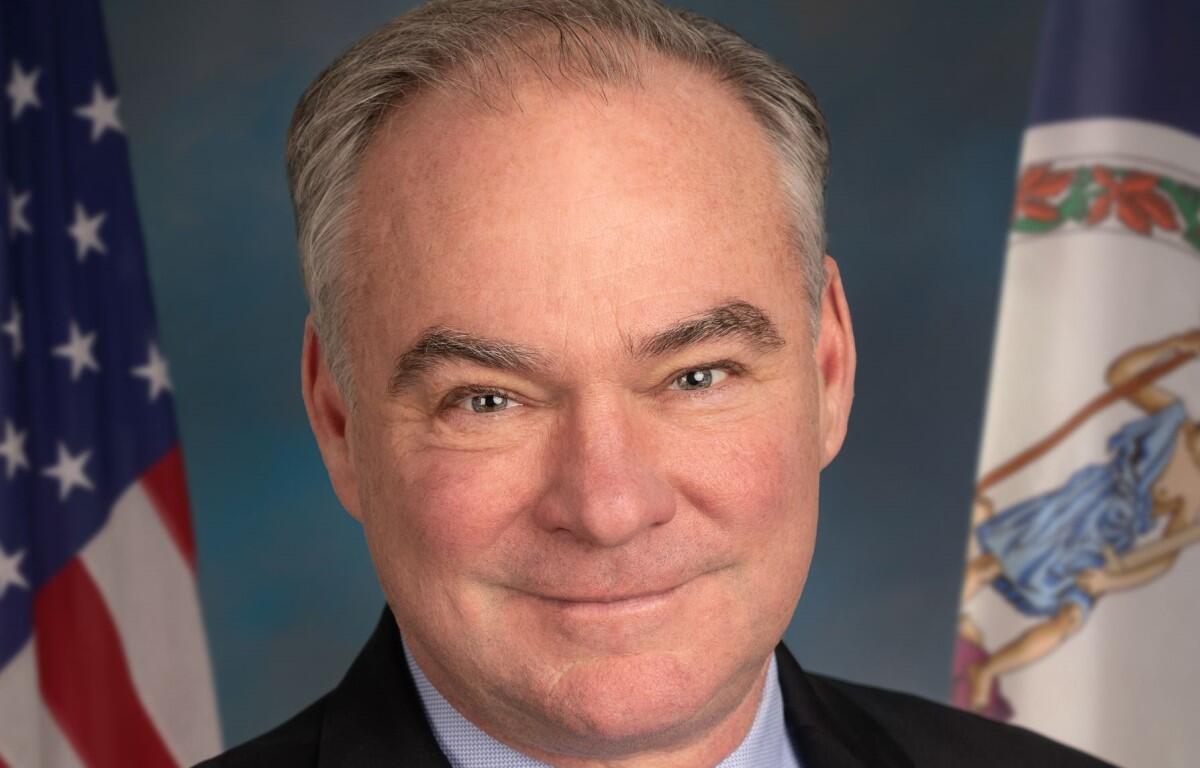HARRISONBURG, VA (Rocktown Now) — Sen. Tim Kaine, Representative Robert C. “Bobby” Scott, and colleagues have introduced new legislation regarding childcare affordability.
Kaine, a member of the Senate Health, Education, Labor and Pensions (HELP) Committee, and Scott, ranking member of the House Education and Workforce Committee, joined Sen. Patty Murray in introducing the Child Care for Working Families Act, comprehensive legislation to ensure families across America can find and afford the childcare they need.
The average cost of childcare is now $13,128—a 29% increase since 2020 that outpaces inflation.
The Child Care for Working Families Act would ensure that families can afford the childcare they need, expand access to more high-quality options, stabilize the childcare sector, and help ensure childcare workers are paid livable wages.
The legislation will also expand access to pre-K and support full-day, full-year Head Start programs and increased wages for Head Start workers.
“The childcare crisis is holding our families, businesses, and economy back,” said Kaine. “I’ve heard from parents in every corner of Virginia about how they’re being locked out of the workforce because they can’t find affordable care for their kids, and from passionate childcare workers who are pressured to leave their field because of low wages. Especially as we contend with the economic chaos and uncertainty caused by President Trump, Congress can and must do more to address this issue and put affordable care within reach. By raising salaries for low-wage childcare employees and capping childcare costs at seven percent of working families’ incomes, we can make childcare more accessible and affordable, support passionate workers in the field, and strengthen our economy.”
“Our economy forces too many workers to choose between their jobs and caring for their children. Without investments in the care economy, jobs will remain unfilled because too many workers, especially women, will have to remain at home and our economy will never reach its full potential,” said Ranking Member Scott. “Let’s be clear. The childcare crisis cannot be solved without sustained public funding. The Child Care for Working Families Act makes the investments we need to turn our childcare system around and meet the needs of children, parents, and childcare workers. We must finally pass this bill and expand access to affordable, quality early learning opportunities, provide child care workers with the support they deserve, and give parents the freedom to pursue rewarding careers and contribute to our economic growth.”
The Child Care for Working Families Act will:
- Make childcare affordable for working families.
- The typical family earning the state median income will pay about $10 a day for childcare.
- No working family will pay more than seven percent of their income on childcare.
- Families earning below 85% of state median income will pay nothing at all for childcare.
- If a state does not choose to receive funding under this program, the Secretary can provide funds to localities, such as cities, counties, local governments, districts, or Head Start agencies.
- Improve the quality and supply of childcare for all children and expand families’ childcare options by:
- Addressing childcare deserts by providing grants to help open new childcare providers in underserved communities.
- Providing grants to cover start-up and licensing costs to help establish new providers.
- Increasing childcare options for children who receive care during non-traditional hours.
- Supporting childcare for children who are dual-language learners, children who are experiencing homelessness, and children in foster care.
- Support higher wages for childcare workers.
- Childcare workers would be paid a living wage and achieve parity with elementary school teachers who have similar credentials and experience.
- Childcare subsidies would cover the cost of providing high-quality care.
- Expand access to high-quality pre-K.
- States would receive funding to establish and expand a mixed-delivery system of high-quality preschool programs for 3- and 4-year-olds.
- States must prioritize establishing and expanding universal local preschool programs within and across high-need communities.
- If a state does not choose to receive funding under this program, the Secretary can provide funds to localities, such as cities, counties, local governments, districts, or Head Start agencies.
- Better support Head Start programs by providing the funding necessary to offer full-day, full-year programming and increasing wages for Head Start workers.
Kaine has long pushed to expand access to childcare. Earlier this year, he introduced the bipartisan Child Care Availability and Affordability Act and the Child Care Workforce Act—bipartisan, bicameral legislation that form proposal to make childcare more affordable and accessible by strengthening existing tax credits to lower childcare costs and increase the supply of childcare providers.
Provisions from the legislation were signed into law by President Trump in July 2025. In 2023, Kaine introduced the Child Care Stabilization Act to expand vital childcare funding to help providers keep their doors open.



